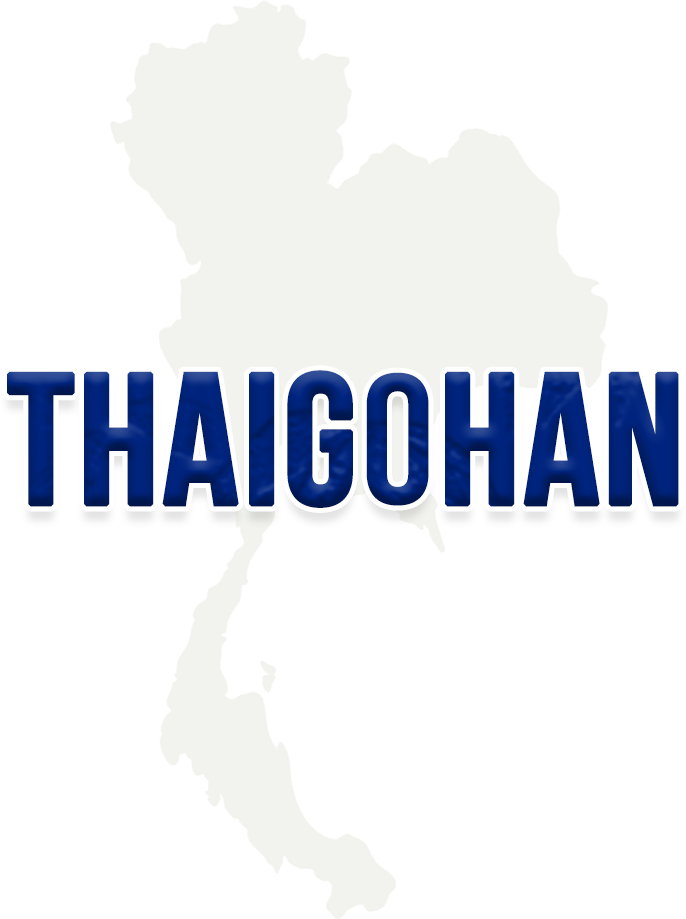Complete Guide to Thailand Taxes: Essentials and Tips for Foreigners

Understanding Thailand’s tax system is essential for foreigners living in Thailand or those planning to start a business there. Thailand’s taxation system differs significantly from that of Japan and other countries, and misunderstandings or procedural errors can lead to unexpected issues. This article provides a clear explanation of Thailand’s tax basics, covering personal income tax, corporate tax, value-added tax (VAT), and important points for tax filing.
目次
1. Overview of Thailand’s Tax System
Thailand’s tax system is managed by the Revenue Department and includes various taxes such as personal income tax, corporate tax, and VAT. One key point is that tax rates and deductions vary depending on whether you are classified as a resident or non-resident.
Definition of Resident and Non-Resident in Thailand
- Resident: Those who stay in Thailand for 180 days or more in a calendar year.
- Non-Resident: Those who stay less than 180 days.
Residents are taxed on their worldwide income, whereas non-residents are only taxed on income earned within Thailand.
2. Personal Income Tax in Thailand
Thailand adopts a progressive tax system for personal income tax. The tax rate depends on the type and amount of income, and there are various deductions available.
Tax Rates and Calculation
The tax rates for personal income in Thailand are as follows:
| Taxable Income (THB) | Tax Rate |
| 0–150,000 | 0% |
| 150,001–300,000 | 5% |
| 300,001–500,000 | 10% |
| 500,001–750,000 | 15% |
| 750,001–1,000,000 | 20% |
| 1,000,001–2,000,000 | 25% |
| 2,000,001–5,000,000 | 30% |
| Over 5,000,000 | 35% |
Key Deductions
- Dependent Deduction: Applies if you have a spouse or children.
- Insurance Premium Deduction: Includes life and health insurance premiums.
- Home Loan Interest Deduction: Available for interest on home purchase loans.
3. Corporate Tax and Business-Related Taxes
If you run a business in Thailand, corporate tax will be applicable. The tax rates and calculation methods vary based on the type and size of the business.
Corporate Tax Rates
- For small and medium-sized enterprises (SMEs): Profits up to 300,000 THB are tax-free. Profits between 300,001–3,000,000 THB are taxed at 15%, and profits above this threshold are taxed at 20%.
- For large companies: A flat rate of 20% is applied.
Other Business-Related Taxes
- Withholding Tax: A certain percentage of payments to vendors must be withheld and paid to the Revenue Department.
- Specific Business Tax: Applicable to certain service industries.
4. Value-Added Tax (VAT)
Thailand imposes VAT on transactions involving goods and services. The standard rate is 7%, but certain export goods and specific services are exempt.
Transactions Subject to VAT
- Sale of goods
- Provision of services
- Import transactions
VAT Filing
Businesses must calculate VAT monthly based on sales and purchases. VAT payable is the difference between VAT on sales and VAT on purchases.
5. Tax Filing Process and Precautions
Tax filing is mandatory for both residents and non-residents, as well as corporations. It is crucial to file accurately and within the deadlines to avoid penalties.
Filing Steps
- Prepare necessary documents (e.g., payslips, receipts).
- File taxes online via the Revenue Department’s website or in person at the nearest tax office.
- Complete payment by the specified deadline.
Precautions
- Late filings are subject to penalties and interest.
- Missing or incorrect documents may require additional procedures.
Conclusion
Thailand’s tax system may appear complex at first, especially for those unfamiliar with it. However, understanding the basic rules and ensuring proper documentation can help streamline the process. It is particularly important to grasp the calculation methods and deadlines for personal income tax, corporate tax, and VAT. Use this guide to make your life and business in Thailand more seamless.
(Photo by Unsplash.com)




